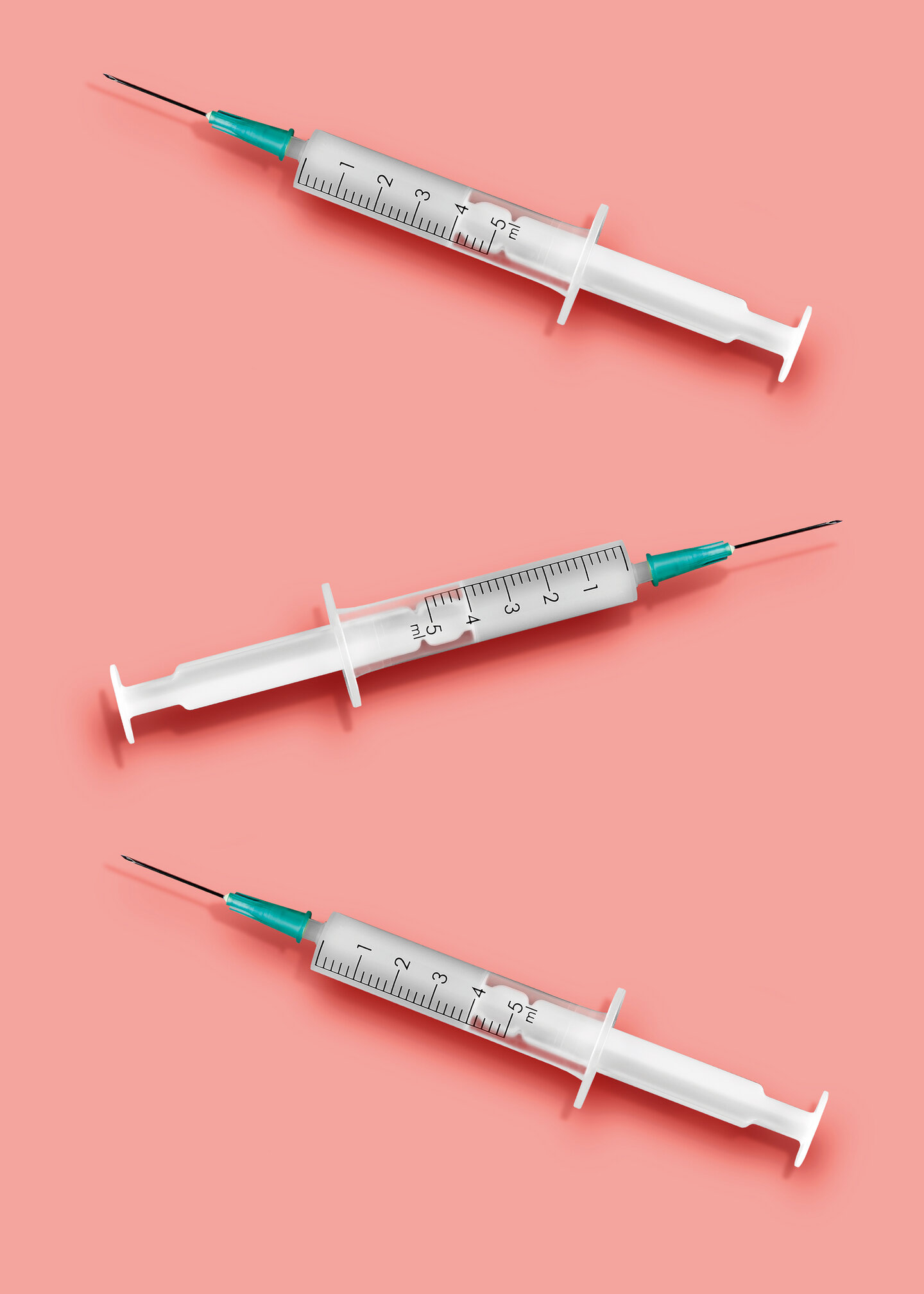MADE IN AFRICA
read time 5min

health
In 2021, according to the Africa Centres for Disease Control and Prevention, Africa made up nearly 25% of the global demand for vaccines, yet 99% of its vaccine doses were imported. Of the 1% produced domestically (12 million doses), most were the final fill-and-finish steps.
The diagnosis from McKinsey was even bleaker. According to their reporting, in 2019 Africa had “roughly 375 drug makers, most in North Africa, to serve a population of around 1.3 billion people”.
“Those in sub-Saharan Africa are largely clustered in just nine of 46 countries, and they’re mostly small, with operations that do not meet international standards,” a McKinsey analysis found at the time. That lack of local production can lead to a lack of local availability – as many African countries found to their cost when the Covid-19 pandemic struck. By November 2023, 70.6% of people worldwide had received at least one Covid-19 vaccine dose. In low-income countries, only 32% had.
The problem is not limited to Covid-19 vaccines. “If we zoom out a bit from the challenge of Covid-19 vaccine production, it is clear there are other areas where the continent should be self-reliant,” Subir Basak, Senior Industry Specialist at the International Finance Corporation (IFC), wrote in a blog post for the World Bank. “Routine generic medications – products like fever reducers and analgesics which are available in pill form – are a case in point. As with vaccines, Africa’s generics industry is at early-stage development, similar to where Asia was in the 1980s.”
High-level Commitments
Because it prioritises food production, small-scale farming is the backbone of agriculture and food security. Yet – as the World Food Programme has emphasised – small-scale farmers have been disproportionately affected by the Covid-19 pandemic, high global food prices and slowing economic growth.
Another problem for Africa’s small-scale farmers is that they characteristically cover relatively small areas of ground and are distinguished by their limited resources, including land, capital, equipment and market access. Access to capital is vital for small-scale farmers to invest in their farms, purchase inputs and improve productivity. Limited financial resources hinder their ability to invest in farm inputs, modernise their equipment and adopt improved farming techniques.
In South Africa, small-scale farmers also frequently encounter difficulties in accessing markets. The lack of reliable transportation infrastructure, market information and bargaining power can limit farmers’ ability to sell their goods
at fair prices.
Standard Bank’s OneFarm Share helps small-scale farmers obtain market access, matching requests for food relief to suppliers with good-quality excess fresh produce across the country’s nine provinces.
Launched during the food crisis sparked by the national pandemic lockdowns, the initiative aims to support the sustainability of South Africa’s farming operations. “OneFarm Share is not simply about providing hunger relief and reducing food wastage,” said Standard Bank South Africa Chief Executive Lungisa Fuzile. “It’s also about stimulating the economy and helping to re-create markets for farmers.”
Policy in Practice
Those promising policies are being put into practice in notable projects across Africa. In June 2023, China’s Fosun Pharma announced plans to build – with the help of a EUR100 million IFC loan – a facility in Abidjan, Côte d’Ivoire, that will have the capacity to produce five billion antimalarial and antibacterial tablets per year. In September, Aspen concluded an agreement with Novo Nordisk which allows for local production of human insulin in South Africa. The collaboration aims to supply over 1 million patients (16 million vials) in 2024, with further upscaling to over 4 million patients in 2026.
Then in October 2023, the Gates Foundation announced USD5 million in funding to both Senegal’s Institut Pasteur de Dakar and South African-based Biovac to access Quantoom Biosciences’ low-cost mRNA research and manufacturing platform, to “develop locally relevant vaccines”.
Those announcements – among others – came after the World Health Organization opened an mRNA vaccine hub at Afrigen Biologics & Vaccines facility in Cape Town, South Africa, in April 2023. There, Biologics is scaling up production of AfriVac 2121, based on the publicly available sequence of Moderna’s mRNA Covid-19 vaccine.
“Ours is the vision of the mRNA Technology Transfer Hub beyond just Covid-19,” South African Minister of Higher Education, Science and Innovation Blade Nzimande said at the launch. “The capabilities we are building are looking to empower us to deal with other future pandemics whose vaccines could use the same mRNA technology platform. It is a vision that has set its [sights] on diseases that are prevalent in our environments such as malaria, tuberculosis and HIV and Aids.”
Big Pharma’s Key Role
As Africa’s pharma manufacturers increase their local capacity, demand for locally relevant medicine is expected to drive production. Given the large development costs in bringing new products to market and in order to make these products accessible, pharma companies need to scale up production.
Dr Nanthalile Mugala, Chief of the Africa Region for global nonprofit PATH, agrees. Writing in an opinion piece for the World Economic Forum, Mugala said: “Increasing the African continent’s supply of key health products is a critical and under-resourced component of health system resilience. But we know that if commercial viability is the only deciding factor, companies will often opt out. We need private-sector engagement and cross-sectoral collaboration to incentivise investment in these necessary public goods.
“Even as more medical products are manufactured and approved in Africa, many local manufacturers will struggle to offer prices that are affordable for low and middle-income countries, while also adequate enough to cover costs and remain in business,” Mugala warned. “To reach this balance, national governments and international and multilateral agencies must show meaningful leadership by purchasing African-made products. This requires policy and legislative reforms at the country level, especially for countries that have restrictive local procurement policies.”
As public policymakers, private manufacturers and local distributors need to continue seeking that happy middle ground. That, after all, is what pushed the unprecedented development and deployment of the Covid-19 vaccines – and it’s what will bring Africa’s pharmaceutical industry into the 21st century.


TEXT: Mark van Dijk






